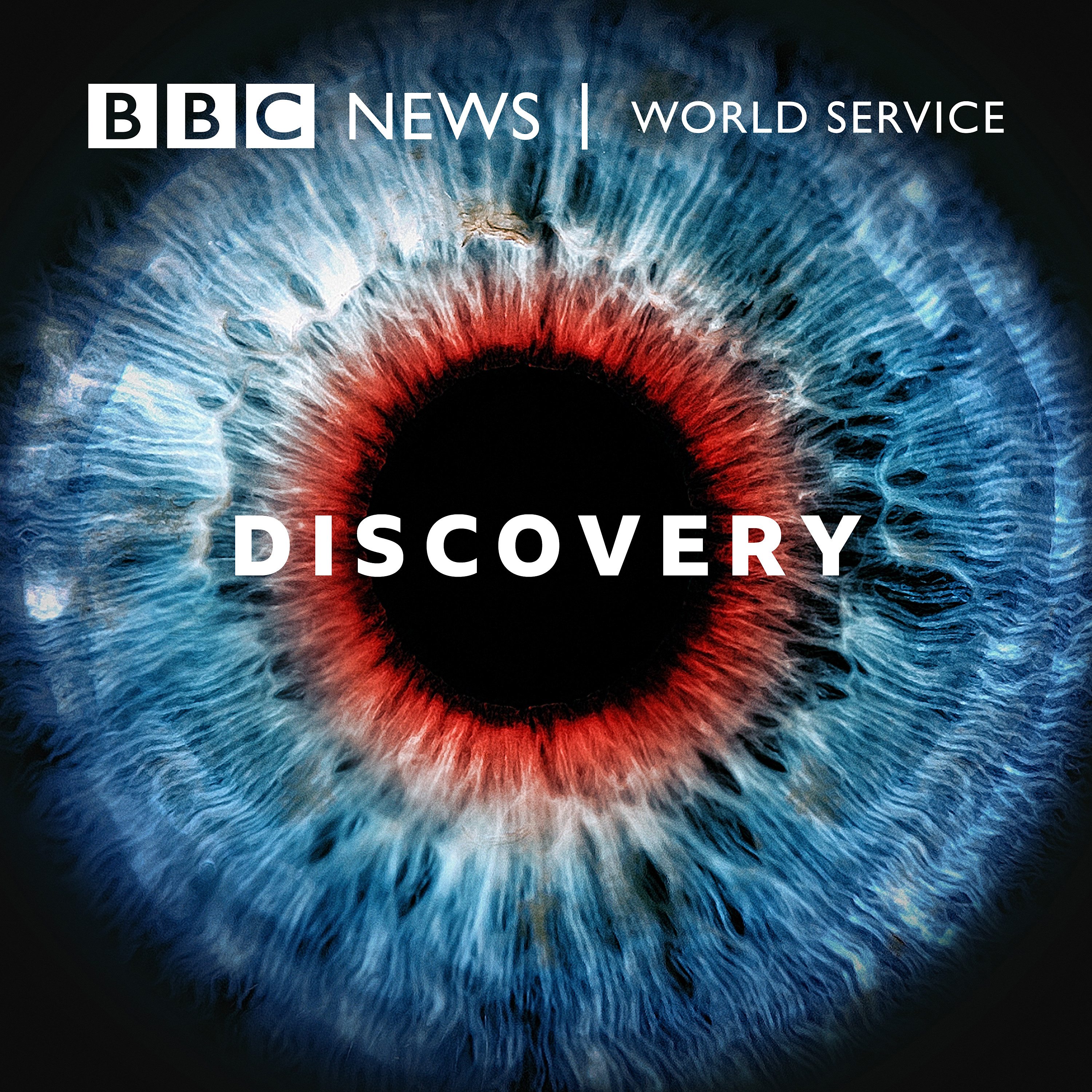
Discovery
Aug 2, 2021
Music can make us feel happy and sad. It can compel us to move in time with it, or sing along to a melody. It taps into some integral sense of musicality that binds us together. But music is regimented, organised. That same 'sense' that lets us lean into Beethoven makes a bad note or a missed beat instantly recognisable. But does that same thing happen in the minds of animals? Can a monkey feel moved by Mozart? Will a bird bop to a beat?
Do animals share our 'Sense of Music'?
Charles Darwin himself thought that the basic building blocks of an appreciation for music were shared across the animal kingdom. But over decades of scientific investigation, evidence for this has been vanishingly rare.
Fresh from his revelation that animals' experience of time can be vastly different to our own, in the award-winning programme 'A Sense of Time', presenter Geoff Marsh delves once more into the minds of different species. This time he explores three key aspects of musicality: rhythm, melody and emotional sensitivity.
Geoff finds rhythm is lacking in our closest relatives, the chimpanzees. But it's abundantly clear in a dancing Cockatoo, and internet sensation, named Snowball. He speaks with scientists who have revealed that birds enjoy their own music, but may be listening for something completely different to melody. And Geoff listens to music composed for tamarin monkeys, that apparently they find remarkably relaxing, but which sets us on edge.
In 'A Sense of Music', discover what happens when music meets the animal mind.
Produced by Rory Galloway Presented by Geoff Marsh

